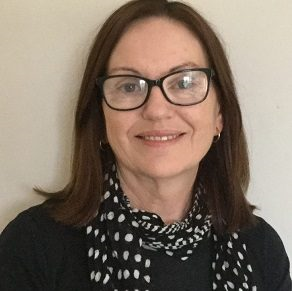Adverse Child Experiences (ACE)
The first 5 years of any child’s life is a very important time. The early years lay the foundation for the child’s life, similar to the foundations of a house. Early childhood experiences can have a big impact on a child’s growth and development both physically and mentally, affecting their thoughts, feelings and behaviour (Manchester University, NHS Trust, 2017).
Did you know, that the more people are exposed to traumatising and highly stressful experiences in childhood, the greater the risk of poor outcomes in adulthood. (Young Minds, 2018). The Adverse Child Experiences Study (ACE) was a landmark study completed in the late 1990’s. It identified the relationship between the number of traumatic and stressful issues a child faces, and the increased risk in poorer outcomes as an adult.
Statistics around Adverse Child Experiences
Mental health conditions in children are more common that we think. Beyond Blue (mental health organisation) provide some startling facts:
Fact 1: One in seven Australian children experience mental health conditions.
Fact 2: By the time children reach 14 years of age they have begun to experience significant mental health conditions that will stay with them into adulthood.
ACE’s – what are they?
The study identified a number of events that would be considered traumatic and highly stressful in a child’s life:
- Physical, sexual or emotional abuse
- Being neglected by parents or carers who fail to provide basic needs such as food, shelter, education, and adequate supervision
- Witnessing or experiencing domestic violence
- Living with someone who is addicted to drugs or alcohol
- Living with a someone who has been incarcerated
- Living with someone with serious mental illness
- The loss of a parent through death, divorce, or being abandoned
- Struggling to cope with emotions, using self-harm or harming others
The study identified that the more ACE’s a child experiences, the greater the risk they have of a poorer outcome in adult life. Poor outcomes identified in the study include:
- Chronic physical health conditions
- Mental health disorders
- Social problems including making and maintaining health friendships
- Substance abuse
- Involvement with youth justice or adult corrections
- Behavioural problems in school
- Emotional literacy and ability to manage emotions.
How we can decrease the impact of ACE’s?
Not all children that have Adverse Childhood Experiences will need support but if you believe your child may need support Maree Stevens has several years’ experience and can offer supportive and trauma informed counselling to help children and young people manage some of the impacts of ACEs.
Author: Maree Stevens, BAdVocEd; GCert Sp Ed; M SocWk; M HumServ; GDipCouns; GCert MentalHlthPrac. 
Maree is an Accredited Mental Health Social Worker and Educator with several years’ experience working with children, young people and their families. Maree’s work is trauma informed and person centred, and she is able to provide psychological counselling to young children from age 5, as well as to teens and adults.
Maree is currently not taking bookings. Our team can assist you with placing you with another clinician, please call M1 Psychology on (07) 3067 9129